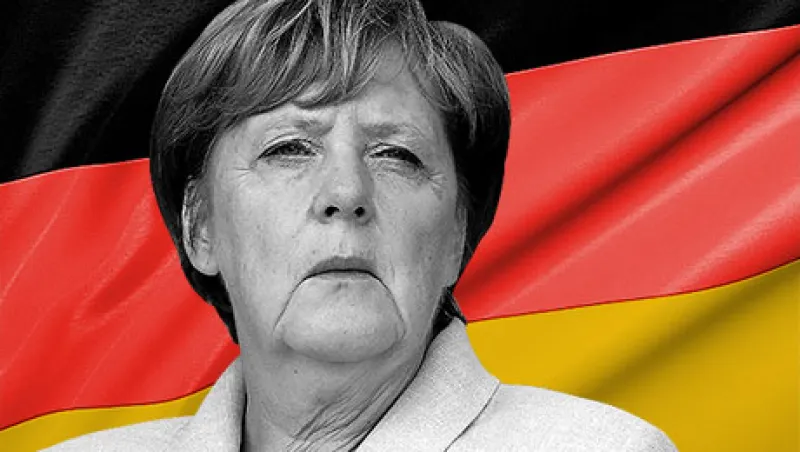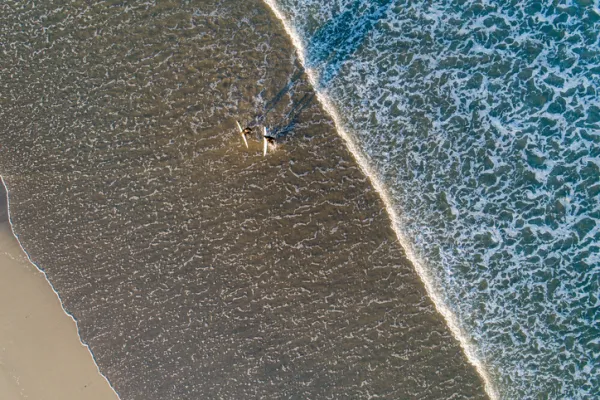Investors bet solidly on Angela Merkel securing a fourth term as German chancellor prior to Sunday’s German election, expecting another strong showing for the governing Christian Democratic Union/Christian Social Union parties.
As of late Sunday, exit polls showed her headed for another term.
Market doubts were instead focused on which coalition partners Merkel’s party would choose.
Polling stations closed at 6pm local time, but the final make-up of the coalition will be days, or even weeks away. The Bundestag are required to meet within 30 days of the vote but the composition of the new government could take significantly longer.
Eric Lascelles, chief economist at RBC Global Asset Management, said the most consequential development from the election will be who Merkel decides to partner with, because it will add “a tinge” of that party’s views to German fiscal and foreign policy. “The most likely scenario is arguably the status quo grand coalition with the SPD [Social Democratic Party], but other arrangements are also possible.”
[II Deep Dive: Investor Optimism in Eurozone Jumps to Highest Level Since Crisis]
Merkel’s CDU may prefer an agreement with the Free Democratic Party, possibly with the addition of the Greens, depending on vote share.
The implications for investors are broadly “market friendly,” according to Mauricio Vargas, senior economist at Frankfurt-based Union Investment. “In the end, both outcomes should be market friendly, since the pro-business stance of the Liberals will be seen as equally important as the pro-Europeanism of the Greens and the Social Democrats.”
Investors claim that a continuation of the current coalition would give the government a strong mandate to push through legislation, given the share of votes and seats both parties won.
“Working with the French government, this coalition combination could help push forward the integration agenda, possibly leading to a European budget and maybe even euro-bonds,” says Schroders’ Senior European Economist and Strategist Azad Zangana, suggesting this outcome would be positive for the stability of the monetary union.
However, the prospect of a coalition with the Free Democratic Party and the Greens has its own appeals. This scenario could be “a boon for the stock market,” Léon Cornelissen, chief economist at Robeco, argues. “The FDP is a natural coalition party for the CDU as they have successfully worked together in the past, and they also believe in lower taxes. Such a deal would be considered very business friendly.”
Zangana agrees, but notes that the Greens and FDP do not agree on environmental issues, so this would be a challenge the CDU/CSU to manage. “We would expect the Greens to push for a tougher stance on environmental issues diesel cars, but the FDP to focus its energy on improving the environment for businesses.”
Cornelissen added that the FDP has a broader agenda that is skeptical of Europe, and is vehemently opposed to replacing the International Monetary Fund with a European equivalent, as suggested by French President Emmanuel Macron.
The Free Democratic Party has previously campaigned for Greece to leave the E.U. and the closure of the European Stability Mechanism, which provides loans to Eurozone countries and organizations when they get into financial difficulty.







